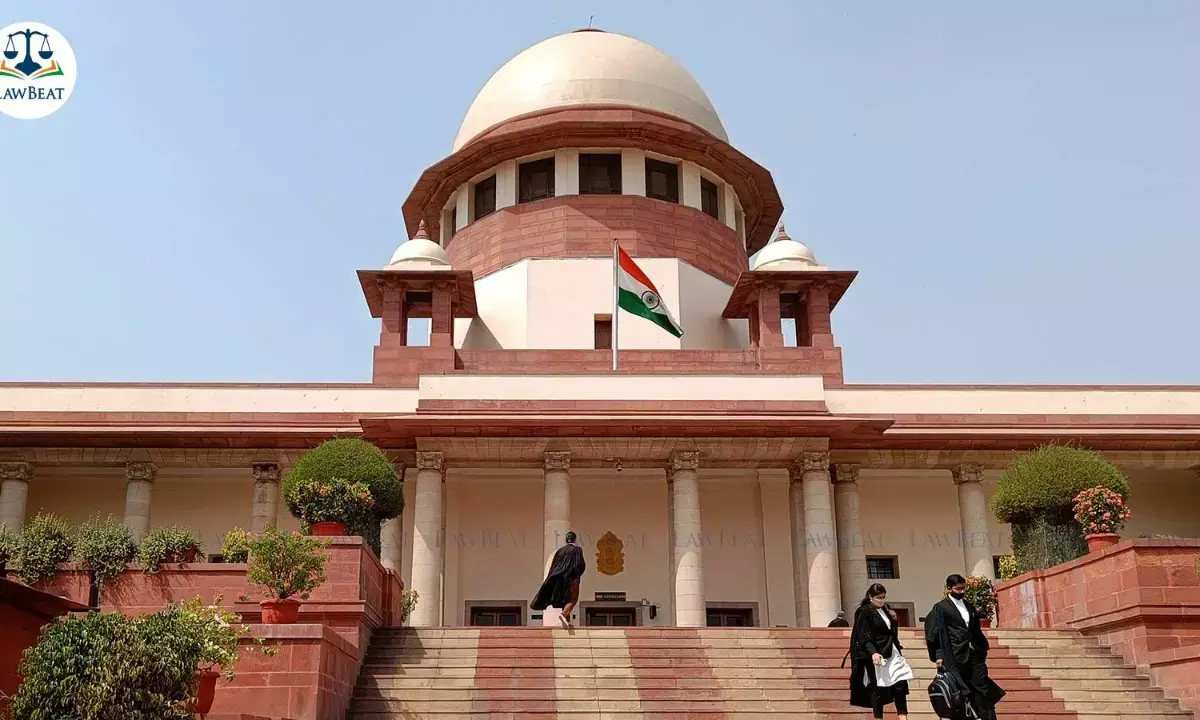Reservation Claims Without Proper Certification Not Legally Tenable: SC

The Supreme Court has reiterated that for aspirants seeking reservation benefits in public employment under categories like SC, ST, or OBC, merely belonging to a community is not sufficient. Such status must be officially certified by a competent authority through due process and in accordance with the applicable statutory framework.
A bench comprising Justice Dipankar Datta and Justice Manmohan held that the production of a valid caste or community certificate issued in the prescribed format by the designated authority is mandatory, particularly where explicitly required by recruitment notifications. This procedural requirement, the Court said, flows from a statutory mandate and cannot be overlooked.
“Once a recruitment process is initiated, all aspirants are entitled to equal treatment in law. There can be no differential standards for similarly situated candidates,” the bench underscored.
The Court made these observations while dismissing the claims of two candidates, Mohit Kumar and Kiran Prajapati, who had applied for the post of Sub-Inspector in Uttar Pradesh in the 2021 recruitment cycle. Both had failed to produce an OBC certificate in Format-I, as mandated by the recruitment notification issued by the Uttar Pradesh Police Recruitment and Promotion Board (UPPRPB).
The Court found no merit in the argument that they had been unfairly treated, noting that their failure to submit the required certificate justified the rejection of their claim for reservation benefits. “In such circumstances, we need not even proceed further to examine whether Mohit and Kiran were treated unfairly,” the bench remarked.
The Court clarified that recruitment processes are governed by statutory rules and once candidates participate in such a process, they are bound by its terms. It is not open to aspirants to challenge the conditions of recruitment merely because the final outcome is unfavourable to them.
Referring to settled law, the bench stated that the terms of a recruitment advertisement can be challenged only on limited grounds—namely, violations of Article 14 or Article 16 of the Constitution.
Otherwise, aspirants are expected to understand the terms of the advertisement and comply with them. If any ambiguity exists, they must seek clarification through appropriate channels or make a representation during the process.
The Court emphasised that where an aspirant fails to raise any objection or seek clarification and instead chooses to participate in the process based on their own interpretation, they cannot later challenge the outcome on the ground of ambiguity. “Ordinarily, courts should refrain from entertaining such challenges and defer to the interpretation adopted by the recruiting authority,” the bench noted, adding that the authority is best placed to determine its own requirements.
The Court drew support from the 2019 judgment in Meeta Sahai v. State of Bihar, which held that where the recruitment process is tainted by illegality or breaches constitutional safeguards, a challenge may still be entertained even if the candidate had earlier participated in the process. However, in the present case, the Court found the recruitment notification to be unequivocal in requiring an OBC certificate in a specific format and in setting out the consequences of non-compliance.
“In light of this, no candidate could have been under any misconception regarding the certificate format,” the Court held.
Even if the candidates were unsure, they could have sought clarification or approached the appropriate authority, such as the tehsildar, for issuance of the certificate in the prescribed format.
The bench also rejected the argument that the insistence on the certificate format was a mere technicality. It held that compliance with the specific format was an essential requirement and not a dispensable formality. The Court also acknowledged that other similarly placed candidates had received relief from the High Court or from coordinate benches of the Supreme Court in earlier cases. However, it clarified that in those instances, the special leave petitions were dismissed at the admission stage and thus do not constitute binding precedent.
Accordingly, the Court upheld the recruitment authority’s decision to deny reservation benefits to Mohit and Kiran due to non-submission of the required certificate in the correct format.
Case Title: Mohit Kumar Vs State Of Uttar Pradesh & Ors.
